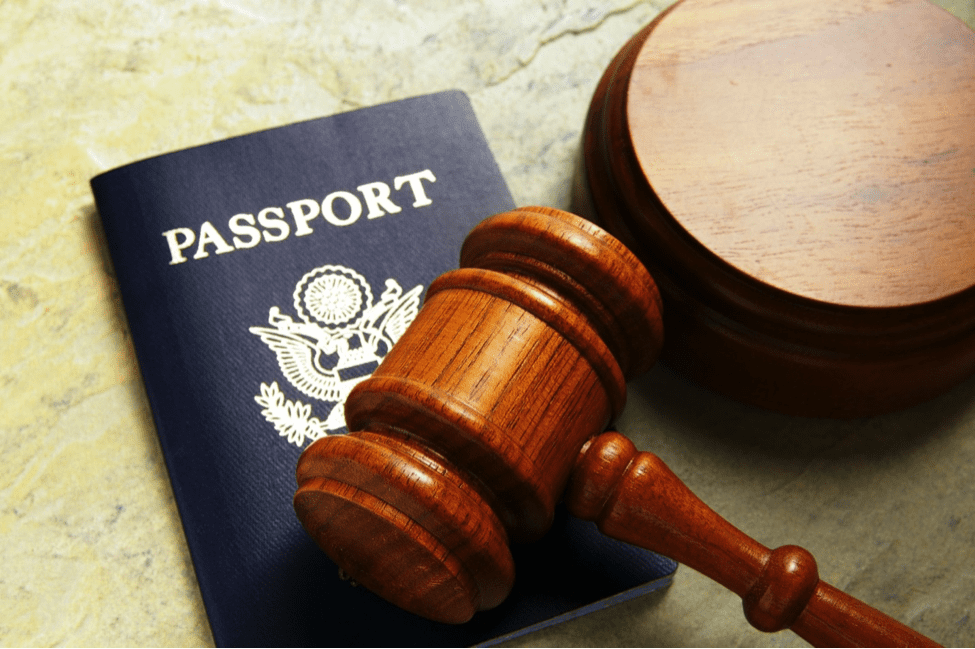Common knowledge often suggests that juvenile delinquent records are “wiped clean” when young offenders reach 18 years of age. Unfortunately, for many young men and women, this just isn’t true. Instead, mistakes they made as adolescents follow them well into their adulthood, preventing them from the opportunity to live a life as a normal member of society.
Young people often engage in reckless behavior—it’s literally in their biology. The pleasure-seeking portion of the brain develops in teens long before the self-control portion kicks in. Partially because of this fact, the Juvenile Court system was created to acknowledge the reality that adolescents cannot be held completely accountable for their behavior.
Juvenile courts often shun long-term incarceration if they believe a rehabilitative option is available. They also attempt to protect the identity of young offenders from the media and the public eye. Under the Uniform Juvenile Court Act, the records of those under the age of 18 are confidential. These measures seek to keep past mistakes from ruining the juvenile’s life as an adult.
Being convicted of a crime, however, has many long-term effects that judges have no authority over. There are two types of consequences that a judge cannot control when handing down a conviction to any individual, juvenile or otherwise: collateral consequences and social consequences.
Collateral Consequences
A collateral consequence is a statutory penalty added on to a conviction. This means it’s not a direct consequence of conviction such as a fine, imprisonment, or probation.
An example of a collateral consequence for non-citizen felons, for example, is deportation. Judges convicting an immigrant of a felony cannot choose whether the individual gets deported or not. They only have authority over the direct punishments, such as how much the fine will be or how long the prison sentence lasts. Even if the non-citizen in question has spent most of his or her life in the US, they can be deported as a result of a conviction.
Collateral consequences have long-reaching effects for juveniles who are U.S. citizens, too. For anyone, collateral consequences like eviction or deportation can be devastating. But for juveniles, mistakes made in their youth can easily end up ruining the lives of their entire family by ejecting them from the only home they’ve known.
How so? In the past, there are situations where not just the juvenile but their entire family has been evicted from public housing when a claim appears against them. Housing authorities only need a police report to claim the family violated their contract and kick them out.
Social Consequences

While courts can remove the offense from public record after a period of time (usually five years), many juvenile sentences also include steep fines and expensive rehabilitation programs. If the family of a juvenile can’t afford to pay the final bill—which can easily reach tens of thousands of dollars—the charge stays on the adolescent’s record well into adulthood. At this point, interest on the fines will have compounded, and the whole situation is made worse by the fact that the now-adult convict can only get low-paying jobs because of a lack of schooling due to the black mark on their record.
There’s no telling how the social stigma of being labeled a criminal will affect the still-developing adolescent brain. Unforeseen consequences often force juveniles to fall into a cycle of crime that can last throughout their lives.
If you or a young person you know has been accused of a crime in North Carolina, you need strong legal counsel that will work tirelessly to get you the best possible outcome for your case.
About the Author
Attorney Mike Schlosser represents victims of personal injury, those charged with a crime, as well as those facing traffic charges. A former Guilford County, North Carolina District Attorney, Schlosser has been in private practice at the Law Firm of Schlosser & Pritchett since 1983 and has been a member of the North Carolina State Bar since 1973.








